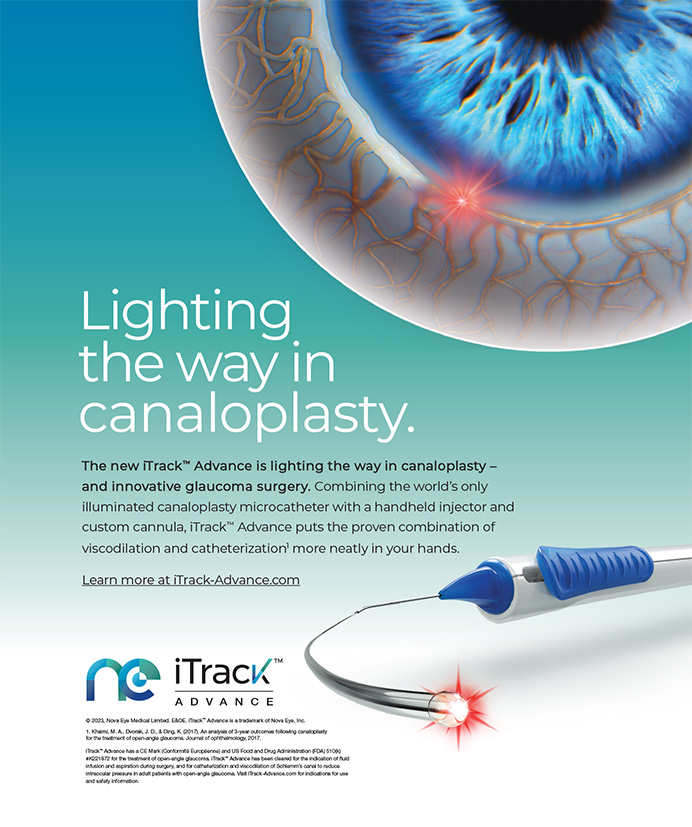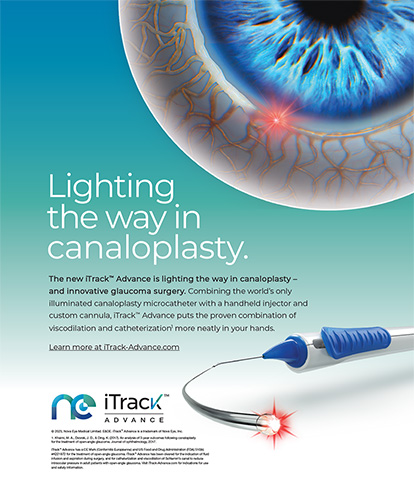
When I was young, I used to complain about the occasional rule change that occurred in the local adolescent sports leagues in which I played. These were often minor changes that minimally affected the flow of the game at most. As an active player, however, it seemed to me at the time that any rule change could dramatically influence a game’s outcome. My dad quickly pointed out to me that the best players don’t care when the rules change and that they rise to the top if everyone plays by the same rules. The rules—and referees—can create a level playing field and promote competition, ultimately raising the quality of play for all involved. Even when rule changes seemed silly or counterintuitive to me, innovation in the sport helped the cream to rise to the top.
The Department of Homeland Security Office of Inspector General (OIG) recently posted Advisory Opinion No. 22-14 regarding the provision of continuing medical education (CME) credits to optometrists by medical doctors. The opinion was a response to the following question: Is it reasonable for medical doctors to provide a venue for free CME to community doctors? The OIG’s concluding opinion was that this activity has the potential to violate the federal Anti-Kickback Statute by providing a form of remuneration to induce referrals. In the opinion, the OIG warns that CME programs “that are educational in nature, however, also may constitute a vehicle to provide remuneration to referral sources in violation of the Federal anti-kickback statute in some circumstances.”1
Providing CME to community optometrists is common in many ophthalmic markets and for many ophthalmology practices. Some CME events, however, have pushed the limits of acceptability. For example, free CME provided for the sole purpose of obtaining referrals offered only to top sources and hosted in a venue where communication is difficult and lavish meals and alcohol are served is likely over the line. This may seem like an obvious example of what not to do, but there are gray areas on what is reasonable for CME meetings. The OIG’s recent opinion clarifies what is acceptable for free CME activities; it recommends that optometrists pay fair market value for credits provided in a modest atmosphere. (Editor’s note: The OIG’s recent advisory opinion will be discussed in greater detail in the September issue of CRST.)
There are several points to consider regarding the rule clarification outlined in the OIG’s Advisory Opinion No. 22-14. Mainly, is it a trivial recommendation that will affect only a small percentage of providers who step over the line, or will it result in a significant overhaul of regional optometric education? Providing education to the front line of primary eye care (ie, optometrists) is a cost-effective way for ophthalmologists to educate patients. The recent OIG guidance, however, could affect how the community is educated about new health care technologies.
The OIG clarification may open the door for other groups, such as media companies or state optometric societies, to play a more prominent role in medical education. This may increase the professionalism and quality of CME while also introducing biases from the industry partners who support optometric societies. On the other hand, with material incentives no longer an option to drive attendance, the overall quality of CME content may increase; it is one of the primary variables influencing attendance.
Regardless of how the dynamics of Advisory Opinion No. 22-14 play out, I believe the clarification provides an opportunity for improvement. The best medical practitioners, much like the best athletes, will find a way to play within the rules and at the top of their game.
William F. Wiley, MD | Chief Medical Editor
1. Edwards SA. Re: OIG Advisory Opinion No. 22-14. Department of Homeland Security Office of Inspector General. Issued June 23, 2022. Posted June 29, 2022. Accessed July 25, 2022. https://oig.hhs.gov/documents/advisory-opinions/1040/AO-22-14.pdf




